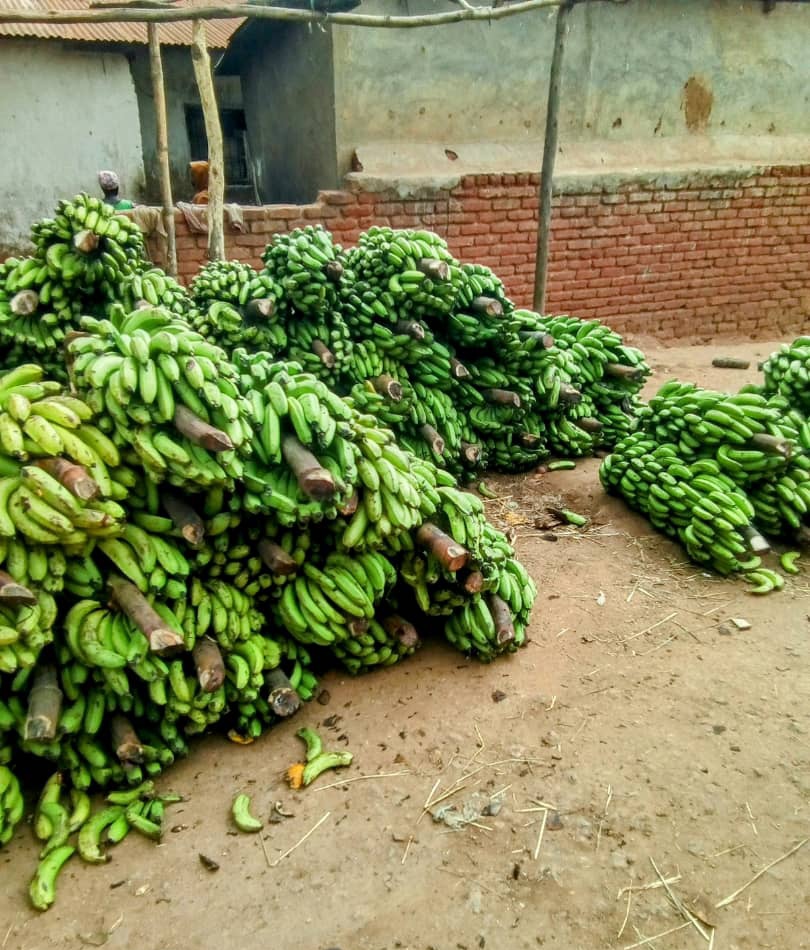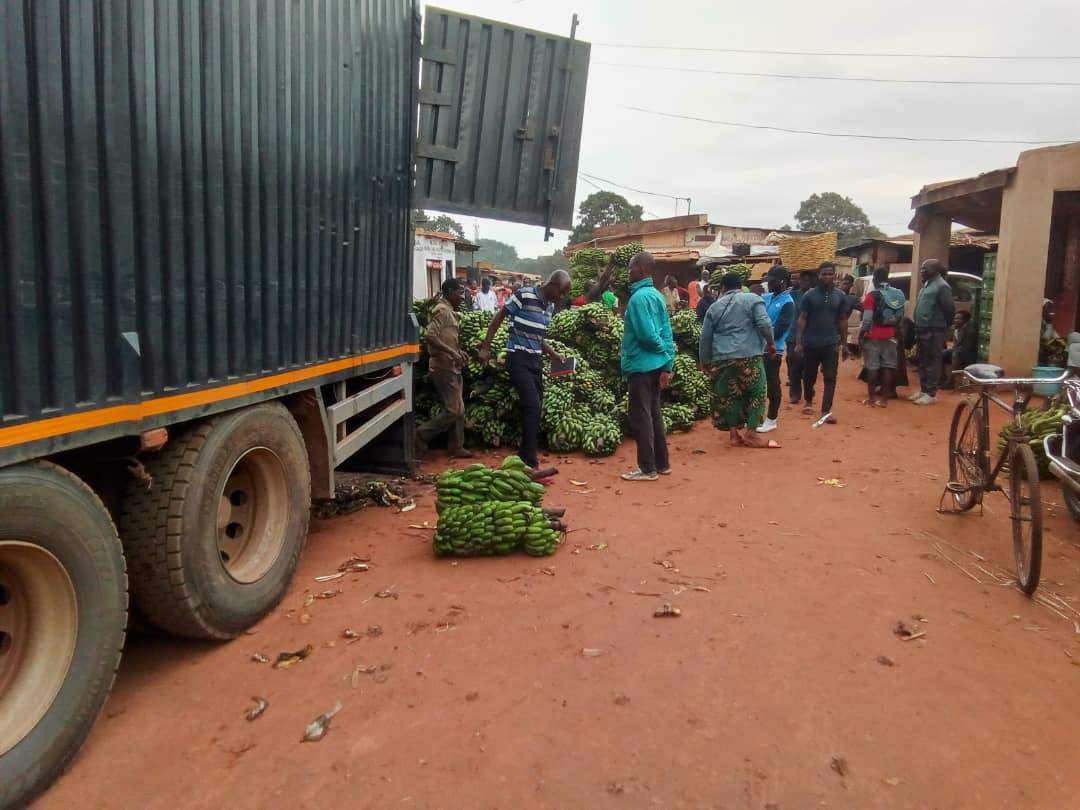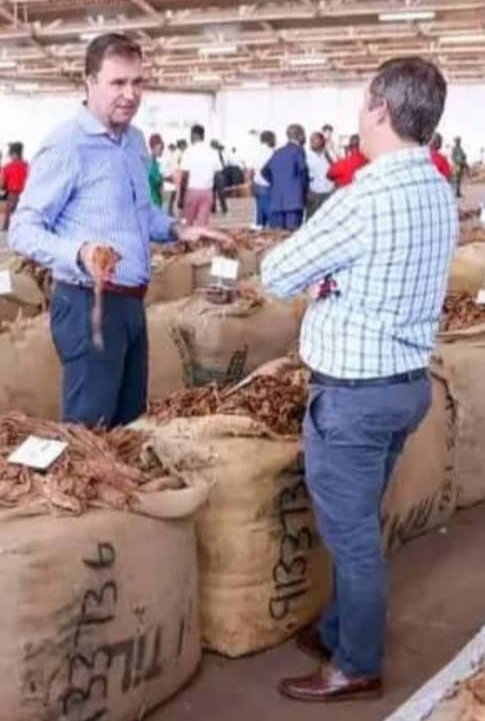
By Burnett Munthali
Five truckloads of bananas have arrived at Mchesi Market in Lilongwe from Tanzania, signaling the end of an international import ban imposed by the Malawi government.
The ban, which lasted several weeks, had disrupted the banana supply chain and significantly affected small-scale vendors across the country.
As the trucks rolled into the market, small business owners erupted in celebration, visibly relieved by the return of their key source of income.
Vendors were seen unloading the bananas with excitement, clapping hands, smiling broadly, and exchanging cheerful remarks with one another.
For many of them, the resumption of banana imports represents the return of economic activity and daily survival.
The government had earlier justified the ban as a protective measure aimed at promoting local banana farming and supporting Malawian small businesses.
However, the situation on the ground told a different story.
Local banana farmers were unable to meet the growing demand due to limited production capacity, disease outbreaks, and a lack of resources.
As a result, the ban created a banana shortage that led to price hikes, customer dissatisfaction, and the closure of several small stalls.
Some vendors resorted to selling unrelated products, which brought minimal income and further strained their businesses.
The arrival of the Tanzanian bananas is therefore seen as a welcome turnaround, reviving hope for struggling traders.
Many believe that the move will help restore stability in the banana market and attract customers who had stopped buying due to scarcity and inflated prices.
While the government has not officially explained the decision to lift the ban, reports suggest it followed mounting pressure from market associations and economic analysts.
These groups highlighted the ban’s unintended consequences and called for a more balanced approach to protecting local industries without harming informal traders.
As activity resumes at Mchesi Market, the atmosphere is once again vibrant, with the scent of ripe bananas in the air and renewed optimism among fruit vendors.
The experience has served as a lesson on the delicate balance between protecting local production and maintaining economic livelihoods in Malawi’s informal sector.




